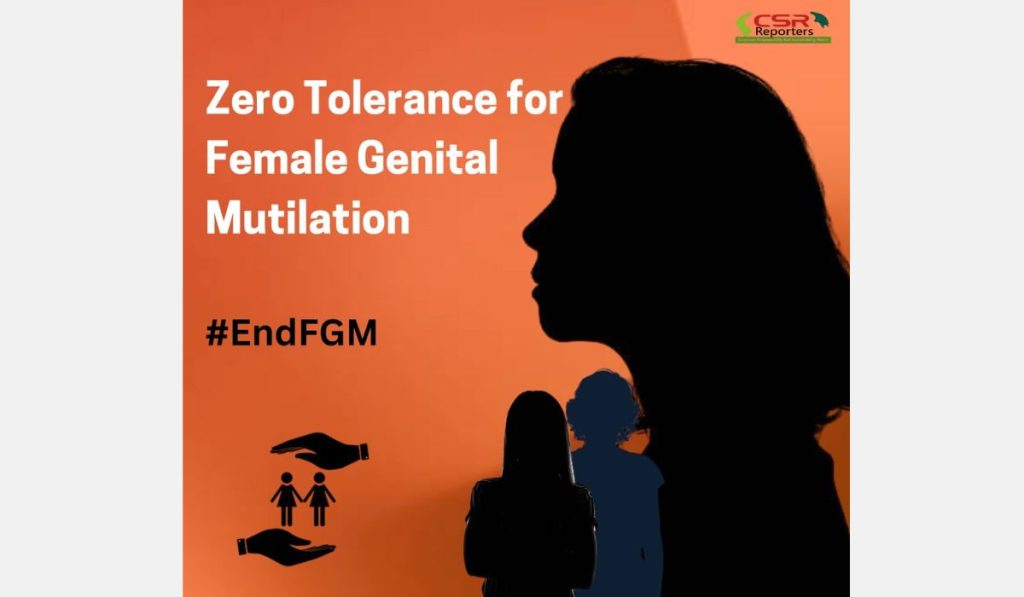
The heads of three United Nations agencies — UNFPA Executive Director Dr. Natalia Kanem, UNICEF Executive Director Catherine Russell, and WHO Director-General Dr. Tedros Ghebreyesus—have reaffirmed their commitment to eradicating female genital mutilation (FGM), a harmful practice that continues to violate the rights of millions of girls and women worldwide.
In a joint statement marking the International Day of Zero Tolerance for Female Genital Mutilation on February 6, the UN leaders emphasized the urgent need to accelerate global efforts under the theme: “Stepping Up the Pace: Strengthening Alliances and Building Movements to End Female Genital Mutilation.”
FGM inflicts severe and lifelong physical, emotional, and psychological scars on girls and women. According to UN data, more than 230 million girls and women have already undergone the procedure, with an estimated 27 million more at risk by 2030 if urgent action is not taken.
Despite significant progress in some countries—such as Kenya and Uganda, where community-led initiatives are driving positive change—the global pace of eradication remains too slow. Of the 31 countries where FGM is prevalent, only seven are currently on track to meet the Sustainable Development Goal (SDG) target of ending FGM by 2030.
Read also: FG, NGOs Seek Inclusion of Males to End Female Genital Mutilation
Since the launch of the UNFPA-UNICEF Joint Programme on the Elimination of Female Genital Mutilation in 2008, in collaboration with WHO:
Seven million girls and women have accessed prevention and protection services.
48 million people have publicly declared their commitment to abandoning FGM.
220 million individuals have been reached through mass media awareness campaigns.
12,000 grassroots organizations and 112,000 community and frontline workers have been mobilized to advocate for change.
However, recent developments highlight the fragility of these achievements. In The Gambia, efforts to repeal the ban on FGM continue despite previous legislative rejections. Such setbacks threaten to undo decades of progress and endanger the health, dignity, and rights of future generations.
Stronger alliances between leaders, grassroots organizations, and key sectors such as health, education, and social protection.
Sustained advocacy and expanded social movements that place girls and survivors at the center.
Greater accountability at all levels to uphold human rights and enforce policies that protect at-risk girls while providing justice and support for survivors.
Increased investment in scaling up proven interventions to accelerate progress.
“We are indebted to the generous donors and partners supporting this life-changing work and call on others to join them,” the statement read. “We all have a role to play to ensure that every girl is protected and can live free from harm. Let’s step up the pace and act with urgency. The time to end female genital mutilation is now.”
[give_form id="20698"]

